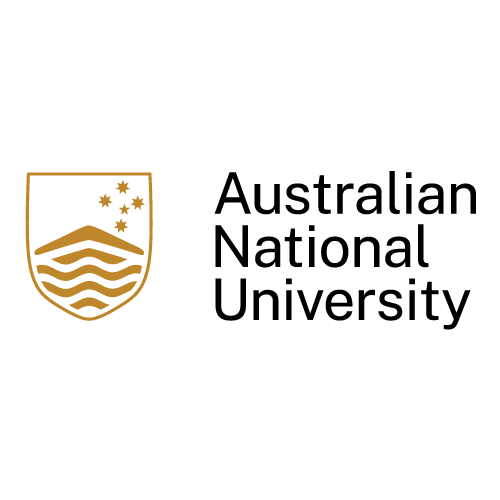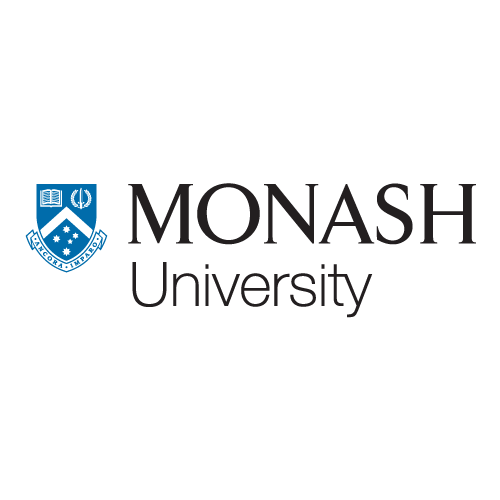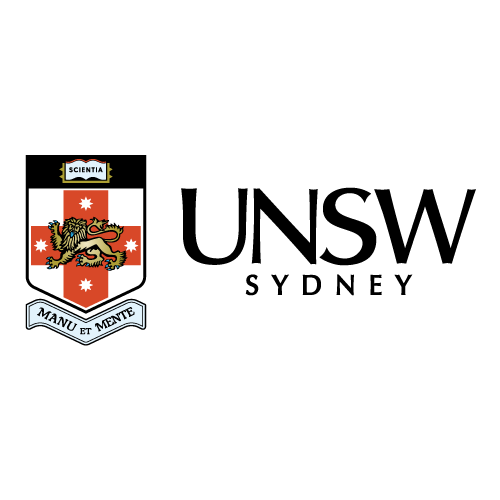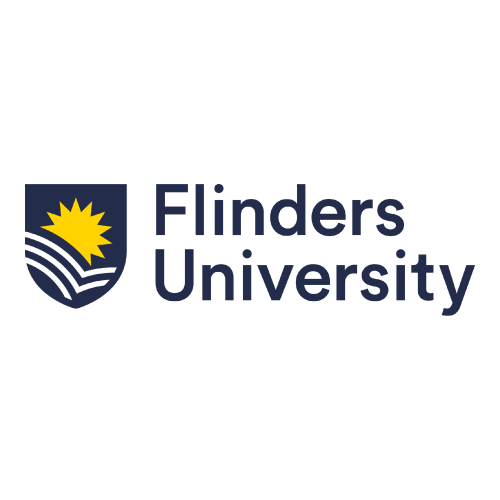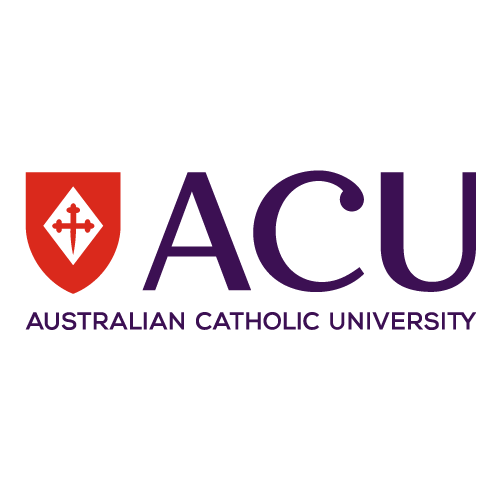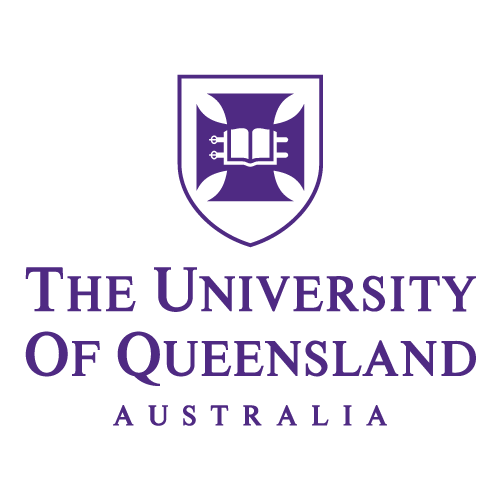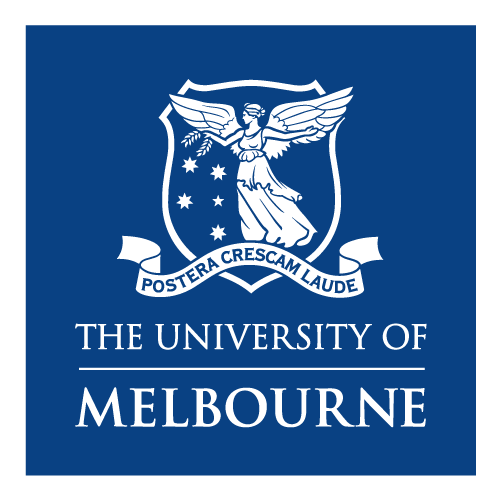There has never been a better or more affordable time for Australian students to pick up a language at university. Rich with possibility for self-discovery and career development, under the Australian Government’s Job-ready Graduates Package studying a language at university can now also significantly reduce the cost of your studies and the size of your HECS debt. So, go on. Find your best self in another language.
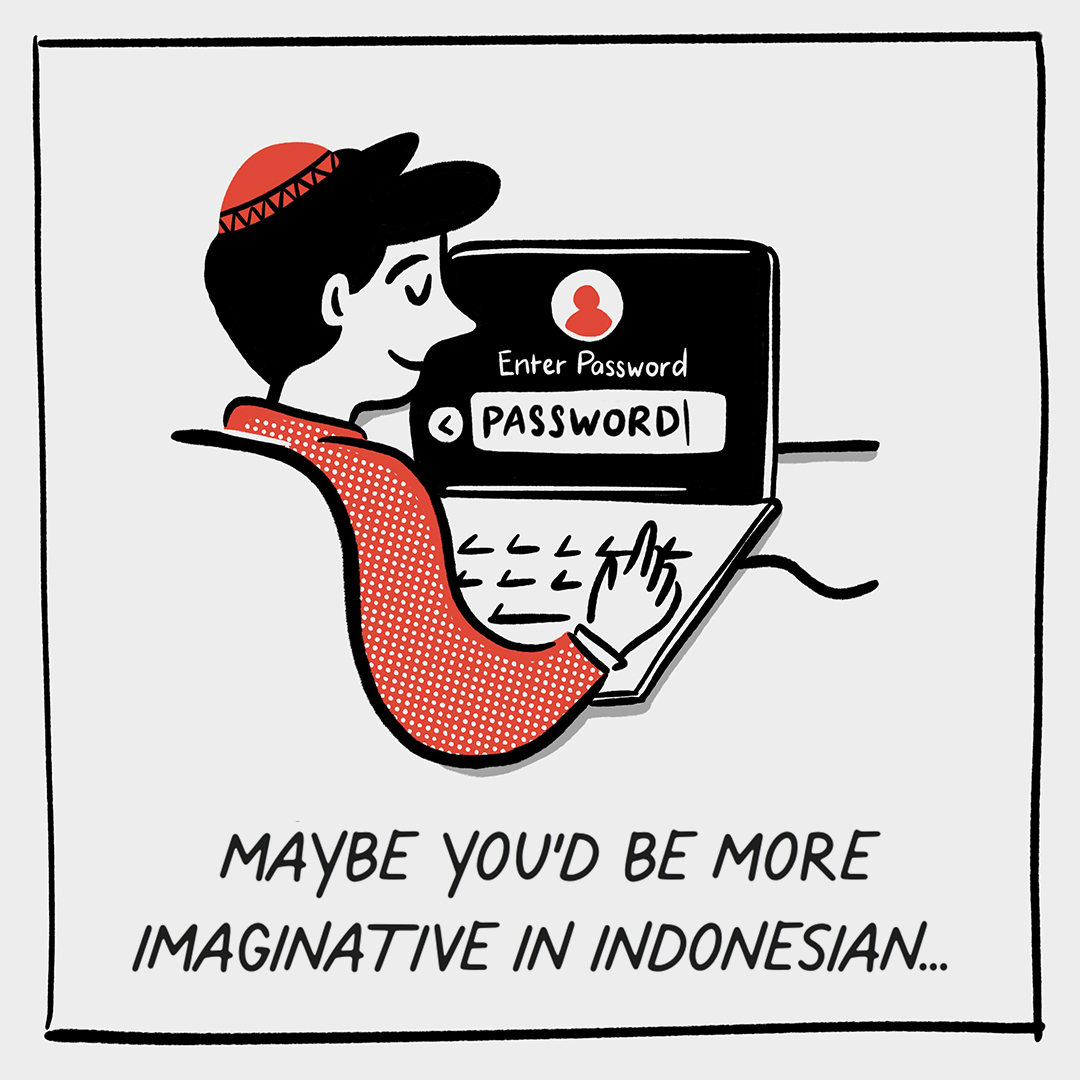


Indonesia’s geographic proximity and strategic importance to Australia make it vital to understand its people, politics, history, languages and culture. Studying Indonesian will equip you with the skills you need to pursue a variety of careers including in diplomacy, international trade and cooperation, humanitarian aid, defence, intercultural communication, education, translation, media and journalism, tourism and the creative industries.
China is a powerhouse of the world economy and is increasingly important to Australia within government and private sectors. Majoring in Chinese means you’ll be proficient in Mandarin, conversant in the culture, history and politics of China and will broaden your career options. Currently Mandarin is spoken by more than 1 billion people around the world, representing about one fifth of the global population. It is one of the world’s most commonly used languages, second only to English.
Learning Italian will exercise your mind, enhance your appreciation of European cultures, and enrich your experience when you travel to Italy. Moreover, as Australia has one of the largest populations of Italian speakers outside of Italy, studying Italian can also be a great way to connect with communities here in Australia. Italy is also at the cutting edge of technological development, from fashion and design to astrophysics and medical research.



Japan is one of the most dynamic nations in Asia. Australia’s relationship with Japan is one of the most engaged and durable diplomatic and trade relations in the region. Understanding Japan’s language, culture and history are vital for the economic development and prosperity of the Indo-Pacific region. Japanese investment in Australia includes financial services, information technology, agribusiness and communications technology – so knowledge of Japanese culture, history and language can open up many career opportunities.
French is one of the world’s major international languages spoken by over 270 million people in 43 countries, on all five continents. Accessing these global networks of French speakers can enhance and extend careers in international relations, development studies, business, science and the arts. It’s one of the five official languages of the United Nations and is used by important international bodies such as the World Health Organization and the International Court of Justice. Studying French will prepare you for exciting careers in Australia and around the world.
Spanish is spoken by more than 450 million people across 23 countries and is an official language of the United Nations and the European Union. It is one of the most important languages in global popular culture, music, literature, film, diplomacy, and commerce, with increasing local importance as Australia engages more closely with Latin America. Competency in Spanish can increase your competitiveness in the Australian and global job markets across a range of areas including international relations, diplomacy, community development, translation and interpretation, teaching, communications, research and government.
| ENQUIRY REFERRAL CONTACT DETAILS | ||||||
| University | Person(s) | Position | School / Department / Faculty | Phone | Notes | |
| ACT | ||||||
| Australian National University | For Asian and Pacific languages: education.chl@anu.edu.au For all other languages: students.cass@anu.edu.au |
For Asian and Pacific langauges: +61 6125 3207 For all other languages: +61 2 6125 2898 |
For Asian and Pacific languages: Make an appointment with College of Asia & the Pacific course advisor: https://asiapacific.anu.edu.au/students/student-centre/appointment-bookings | |||
| Australian Catholic University | Dr Anna Menicucci | Course Coodinator, Diploma in Langauges (Spanish and Italian) | Global & Education Pathways | anna.menicucci@acu.edu.au | ||
| NSW | ||||||
| Charles Sturt University | Future students can submit an enquiry here: https://www.csu.edu.au/contacts/future | Future students contact phone number: 1800 275 278 | ||||
| Macquarie University | Dr Bénédicte André | Course Authority, Diploma of Languages and Bachelor of International Studies | Department of Media, Communications, Creative Arts, Language and Literature | benedicte.andre@mq.edu.au | Future students contact phone number: +61 (2) 9850 6767 | |
| The University of Newcastle | Dr Marie-Laure Vuaille-Barcan | Group Leader for Screens, Languages, English and Creative Writing | School of Creative Industries, Humanities and Social Science | marie-laure.vuaille-barcan@newcastle.edu.au | +61 2 4921 5550 | Languages offered: AUSLAN, French, German, Japanese, Mandarin, Australian Indigenous Languages, Indonesian. |
| The University of Sydney | sonia.wilson@sydney.edu.au | |||||
| University of New England | Future student enquiries: 1800 818 865 (8:30am–4:30pm, Mon–Fri) | You can choose from seven languages to study: Chinese, French, German, Indonesian, Italian, Japanese, and Spanish. | ||||
| University of Technology Sydney | Dr Angela Giovanangeli
Dr Alice Loda
Dr Mark Tutton |
Head, International Studies and Languages Cluster
Course coordinator, Bachelor of International Studies Course coordinator, Diploma in Language |
Angela.Giovanangeli@uts.edu.au
|
+61 2 9514 7679
|
||
| University of Wollongong | Assoc. Prof Xiaoping Gao | Discipline Leader for Languages & Linguistics | School of Humanities & Social Inquiry | xiaoping@uow.edu.au | ||
| UNSW | UNSW Future Students Office T: 1300 UNI NSW (1300 864 679) |
|||||
| Western Sydney University | Dr Xiangdong Liue | Academic Program Advisor, Languages and Linguistics | X.Liu@westernsydney.edu.au | |||
| NT | ||||||
| Charles Darwin University | For Greek: Dr George Frazis
For Chinese: Amy Yu For Indonesian: Dr Nathan Franklin For Yolngu: Yasunori Hayashi For Bininj Kunwok: Yasunori Hayashi |
For Greek: george.frazis@cdu.edu.au
For Chinese: amy.yu@cdu.edu.au For Indonesian: nathan.franklin@cdu.edu.au For Yolngu: yasunori.hayashi@cdu.edu.au For Bininj Kunwok: yasunori.hayashi@cdu.edu.au |
For Greek: +61 8 8946 6486
For Chinese: +61 8 8946 7736 For Indonesian: +61 8 8946 7171 For Yolngu: +61 8 8946 6278 For Bininj Kunwok: +61 8 8946 6278 |
|||
| QLD | ||||||
| Griffith University | Contact Griffith University about future study here: https://www.griffith.edu.au/study/contact-us?location=dom | |||||
| James Cook University | enquiries@jcu.edu.au | 07 4781 5255 or free call (within Australia) 1800 246 446 | ||||
| Queensland University of Technology | Enquiry form: https://www.qut.edu.au/additional/stay-connected | Phone: (07) 3138 0620 | ||||
| The University of Queensland | languages-cultures@uq.edu.au | (07) 3365 6311 | Languages offered: Indonesian, Korean, Japanese, Chinese, Russian, Spanish, German and French. | |||
| University of the Sunshine Coast | Dr Levi Durbidge | Lecturer in World Languages | School of Business and Creative industries | ldurbidge@usc.edu.au | ||
| SA | ||||||
| Flinders University | Dr Christèle Maizonniaux
Professor Eric Bouvet
|
Bachelor of Languages Coordinator
Interim Teaching Program Director |
College of Humanities, Arts and Social Scicences | christele.maizonniaux@flinders.edu.au
|
(08) 8201 2184
(08) 8201 2104 (08) 8201 7900 |
Languages offered: French, Indonesian, Italian, Modern Greek and Spanish |
| The University of Adelaide | Check relevant discipline coordinators here: https://able.adelaide.edu.au/student-support/academic-contacts#undergraduate-discipline-advisors | |||||
| University of South Australia | Dr Enza Tudini | Program Director: Languages | enza.tudini@unisa.edu.au | (08) 8302 4592 | ||
| TAS | ||||||
| University of Tasmania | Submit an enquiry with the University of Tasmania here: https://www.utas.edu.au/enquire?seedData=/study/languages | Languages offered: Arabic, Chinese, Indonesian and Spanish | ||||
| VIC | ||||||
| Deakin University | Get in touch with Deakin’s language course advisers here: https://www.deakin.edu.au/custom-discipline-pages/study-languages-at-deakin | |||||
| La Trobe University | Make an appointment with La Trobe’s Future Students team via this page: https://www.latrobe.edu.au/study
or Chat directly with La Trobe’s Future Students team via this page: https://www.latrobe.edu.au/contact/chat |
1300 135 045 | ||||
| Monash University | Make an appointment with Arts course advisor via this form: https://calendly.com/monash-arts/course-support?utm_source=y12hub&utm_medium=website&utm_campaign=destination_monash__Brand&utm_content=arts&month=2022-08 | |||||
| RMIT University | Assoc. Prof Kerry Mullan | Convenor of Language Studies | School of Global, Urban and Social Studies | kerry.mullan@rmit.edu.au | +61 3 9925 2264 | |
| The University of Melbourne | For European languages:
Assoc. Prof Mara Favoretto For Asian languages: Dr Craig Smith |
For European languages:
Discipline chair, (European and Latin American) Languages For Asian languages: Senior Lecturer in Translations Studies (Chinese) |
For European languages:
School of Languages and Linguistics For Asian languages: Asia Institute |
For European languages:
For Asian languages: |
For European languages:
+61 3 8344 5183 For Asian languages: +61 3 8344 4630 |
Enquiries can also be directed here: https://forms.your.unimelb.edu.au/4746909 |
| WA | ||||||
| Curtin University | For Korean:
Assoc. Prof Jo Elfving-Hwang |
For Korean:
Director, Korean Research Centre of Western Australia |
For Korean:
School of Media, Creative Arts and Social Inquiry |
For Korean: | For Korean:
+61 8 9266 7410 For Chinese and Japanese: 1300 222 888 (Future Students) |
Languages offered: Chinese, Japanese and Korean. |
| Murdoch University | For Indonesian: Mr Irianto Tedja | For Indonesian: Lecturer in Indonesian | For Indonesian: College of Arts, Business, Law and Social Sciences | For Indonesian: I.Tedja@murdoch.edu.au | For Indonesian: +61 8 9360 2874 | |
| The University of Western Australia | For Chinese:
Dr Yu Tao For French: Dr Paul Gibbard For German: Dr Dale Adams For Indonesian: Assoc. Prof David Bourchier For Italian: Dr Marinella Caruso For Japanese: Dr Kyoko Kawasaki For Latin: Dr Chris Mallan For Korean: Dr Nicola Fraschini For Spanish: Dr Anna Gadd |
For Chinese:
Senior Lecturer in Chinese Studies For French: Senior Lecturer, Discipline of European Languages and Cultures For German: Lecturer in German Language For Indonesian: Associate Professor, Discipline of Asian Studies and Languages For Italian: Senior Lecturer, Discipline of European Languages amd Cultures For Japanese: Lecturer, Discipline of Asian Studies and Languages For Latin: Associate Professor, Discipline of Classics and Ancient History For Korean: Lecturer, Discipline of Asian Studies and Languages For Spanish: Lecturer, Discipline of European Languages and Cultures |
For Chinese:
School of Social Sciences For French: School of Humanities For German School of Humanities For Indonesian: School of Social Sciences For Italian: School of Humanities For Japanese: School of Social Sciences For Latin: School of Humanities For Korean: School of Social Sciences For Spanish: School of Humanities |
For Chinese:
For French: For German: For Indonesian:
For Italian:
For Japanese:
For Latin:
For Korean: For Spanish: |
For Chinese: +61 8 6488 3959 For French: +61 8 6488 2175 For German: +61 8 6488 2177 For Indonesian: +61 8 6488 2074 For Italian: For Japanese: For Latin: +61 6488 2127 For Korean: +61 6488 3963 For Spanish: |
Languages offered: Chinese, French, German, Indonesian, Italian, Japanese, Korean, Latin, and Spanish |
Language study at university is an exciting option for students. If you are already studying a language (or languages) at school, or if you already have some knowledge of a language, you can continue to advance your skills at university. You might also consider studying a new language. It’s never been easier or more affordable to do either—you can include language study in many degrees offered at Australian universities, or you might consider adding a Diploma of Languages to your undergraduate degree. Check the University Languages Portal Australia or relevant university websites for more information about your options.
#2 What languages can I study at university?
The languages available depend on which university you attend. University Languages Portal Australia has a comprehensive list of what’s available at each Australian university. You can also reach out to your preferred university’s student advisers, to discuss what’s on offer and how to include language study into your degree.
#3 How will studying a language at university reduce the cost of my degree?
The Job-ready Graduates Package was an October 2020 reform to higher education funding by the Australian Government. As a result of these reforms, the cost of a language major for domestic students is now about one quarter ($4,627) of the cost of most other law, accounting, administration, economics, commerce, communications, social sciences and humanities majors ($16,992). You can significantly reduce the cost of your university studies by adding a language to your degree.
Each subject or unit of study of your degree is classified into a student contribution band (Bands 1-4), depending on the study area of the unit (this may be different from the study area of your course). The amount you pay for a unit of study is usually the maximum allowed by the Government for that band. Under the Job-ready Graduates Package, languages are designated a Band 1 “priority” study area, so the maximum you will pay for studying a language at university is $4,627 per full-time equivalent year of study (EFTSL) — or about $580 per subject or unit of study. This is the maximum a university is permitted to charge Commonwealth-supported domestic students, however each university determines its course fees based on these Government funding rates, so the exact cost of studying a language may depend on the university and course you choose. Please check the relevant university website for information about the exact fees you will be pay for studying a language as part of your degree
#4 How much will studying a language at university reduce the cost of my degree?
In general terms, a three-year undergraduate degree at an Australian university involves completing units of study equating to a total study load of three (3) Equivalent Full-Time Student Load (or EFTSL). At most Australian universities a standard subject or unit of study is worth 0.125 EFTSL. Thus completion of a three-year degree at most Australian universities involves completion of 24 subjects or units of study. Under the Job-ready Graduates Package, if you were to select all 24 units of study from Band 1 study areas (including languages), the maximum you will pay for your degree (as of 2025) as a Commonwealth supported domestic student via HECS-HELP is $13,881 [3 x $4,627]. By comparison, if you were to select all 24 units of study from Band 4 study areas (Law, accounting, administration, economics, commerce, communications, and most social sciences and humanities), the total cost of your degree (as of 2025) will be $50,976 [3 EFSTL x $16,992].
In practice, most students will select units of study from across a range of [Band 1-4] study areas. So the actual total cost of your degree will fall somewhere between $13,881 and $50,976. However, under the Job-ready Graduates Package, the more Band 1 units of study you incorporate into your degree, the less costly your degree will be, and the smaller your HECS-HELP debt will be at the conclusion of your studies.
#5 Do I need to major in a language at uni in order to reduce the cost of my degree? What if I just want to try a language subject or two as an elective?
No. You don’t need to major in a language to minimise the cost of your studies. As a Commonwealth supported domestic student, under the Job-ready Graduates Package each unit of study from Band 1 study areas (including languages) that you add to your degree will incrementally reduce the cost of your degree. Even picking up a couple of language subjects as an elective will reduce the cost of your degree and the size of your HECS-HELP debt at the conclusion of your studies.
#6 How much will I pay for a language subject at uni? How does this compare to other subjects?
Under the Job-ready Graduates Package, languages are designated a Band 1 “priority” study area, so the maximum you will pay for studying a language at university is $4,627 per full-time equivalent year of study (EFTSL) or about $580 per subject or unit of study (assuming a weighting of 0.125 EFTSL per subject or unit of study. NB. Per subject EFTSL weighting can vary between Australian universities, and even between faculties within the same university.) This is the maximum a university is permitted to charge Commonwealth-supported domestic students.
By comparison, under the Job-ready Graduates Package, as of 2025, the maximum student contribution for Band 4 study areas including Law, accounting, administration, economics, commerce, communications, and most social sciences and humanities is $16,992 per full-time equivalent year of study (EFTSL) or about $2,124 per subject or unit of study (again assuming a weighting of 0.125 EFTSL per subject).
#7 How many language subjects (or units of study) do I need to earn a language major at university?
A language major normally consists of a sequence of eight subjects or units of study undertaken over the course of a three-year undergraduate degree (assuming a weighting of 0.125 EFTSL per subject). Course requirements for achieving a major do, however, vary among Australian universities.
#8 Will I still save on HECS if I study a language at uni as part of a Diploma in Languages?
Yes. A Diploma is a standalone or “add-on” university qualification typically equivalent to one year of full-time study (or 1 EFTSL). At most Australian universities, a Diploma of Languages involves undertaking the same eight subject sequence that a three-year Bachelor degree student undertakes to receive a language major. Under the Job-ready Graduates Package, languages are designated a Band 1 “priority” study area, so the maximum you will pay for studying a language at university is $4,627 per full-time equivalent year of study (EFTSL) — or about $580 per subject or unit of study. This is the maximum a university is permitted to charge Commonwealth-supported domestic students.
As of 2025 a one-year / 1 EFTSL / eight subject Diploma of Languages course will cost you $4,627 to complete — or about a quarter of the cost ($16,992) of completing a Diploma in Band 4 study areas including Law, accounting, administration, economics, commerce, communications, and most social sciences and humanities.
#9 How will studying a language at university improve my employment prospects?
Speaking another language increases your job opportunities and gives you an advantage over monolingual English-speakers in business, international relations, politics and much more. There are language-specific careers, such as interpreting and translating, language teaching, and travel and tourism. But there are many other areas where a language gives you an edge: diplomacy, national security and strategy, trade, defence, journalism, development and many other fields. As language learning enhances your problem-solving and communication skills, learning a language also prepares you well for a wide range of jobs.
This initiative is a collective effort of


